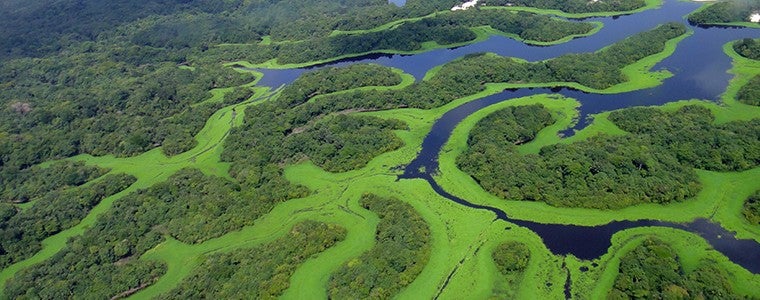Last week, one more country was added to the list of nations that have ratified the Paris Agreement and today, of the 26 borrowing member countries, we now have 20 with a National Determined Contribution (NDC). However, ratification is not the culmination of their efforts. This is when an important exercise on behalf of the governments begins, guided by the need for coordination and collaboration across ministries.
In presenting the objective of our NDC Invest platform, the IDB has received several requests to support countries in the pre-implementation phase. These interactions have been very enriching and have allowed us to identify the needs specific to each country, although we can begin to observe certain similarities.
- Ministries of environment have extensive experience in climate negotiations and were instrumental in the development of NDCs, but they are increasingly relying on the collaboration and participation of ministries of finance and planning, who are itching for knowledge.
- Finance and planning ministries are translating the climate change agenda into their work agenda and have assumed a variety of roles: from being the country’s focal point for the Green Climate Fund, to finding a way to systematize the identification of climate resources in their budgets and in their international financial flows (grants and loans).
- Several countries recognize that the revision of their NDCs under the need to pursue more ambitious goals does not imply only an increase in their commitments, but mainly envisaging concrete actions that will allow existing commitments to be reached and, based on their consolidation, the viability of a more far-reaching perspective.
- The generation of an NDC project portfolio can support its funding with multilateral institutions, bilateral partners and climate funds, but this should be done by ministries responsible for crucial investments in development and infrastructure. In this area, identifying opportunities for climate considerations in the portfolio of sectoral ministries represents a viability strategy for NDCs.
- NDCs have concrete targets for climate change adaptation. The vulnerability of the countries in the region requires a critical road map to strengthen the development milestones achieved and to accomplish the new Sustainable Development Objectives of the 2030 Agenda.
- The private sector is a unique ally, and dialogue is required to promote the inclusion of their interests and needs in the climate agenda, an activity that is no longer restricted to social and environmental corporate responsibility actions, but that is considered the backbone of growth under all components of the production chains and supply sources.
In this learning phase, the IDB is also discovering how to generate a comprehensive NDC agenda through its sector divisions, and it maintains its goal of reaching 30% of its investment portfolio by 2020.
titulo: Curvas do Parque Nacional de Anavilhanas (CC BY-SA 3.0) Wikimedia Commons
foto: © Lincoln Barbosa


Leave a Reply